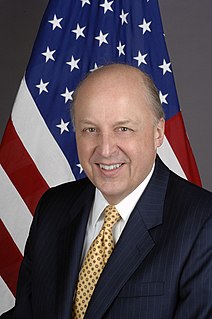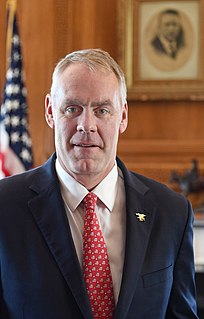A Quote by Marco Rubio
The evidence is now clear that the majority of people coming across the border are not from Mexico. They're coming from Guatemala, El Salvador, Honduras. Those countries are the source of the people that are now coming in its majority.
Related Quotes
But last year there were 540,000 people, roughly, detained coming across the border illegally. Forty-five thousand of them came from countries other than Mexico, demonstrating the fact that Mexico itself now is a pathway into the United States for people all around the world, and we don't know what their intentions are.
I think it's about time we legalize marijuana... We either put people who are smoking marijuana behind bars or we legalize it, but this little game we are playing in the middle is not helping us, it is not helping Mexico and it is causing massive violence on our southern border... Fifty percent of the money going to these cartels is coming just from marijuana coming across our border.
The Mexico - United States border was always porous. People have been going and coming back since before the Spaniards arrived. Now we're seeing communities who have family members on the other side very frightened. I feel saddened for those families divided by violence. The whole border area is under siege.
For years we have seen people coming on rafts, etc., but now we are seeing people entering Central America, Costa Rica, Panama and then they have nowhere to go because those countries are not - for example, in Nicaragua, the border was closed. I've always said that I'm open to a study on how can it be changed.
First, undoubtedly, there are some people who are coming from Cuba who immediately, or from any other country, benefit. But, what is the difference between that and someone who is coming from Nicaragua, Guatemala, Mexico, etc.? That is, we are simply going to say that someone who comes from another country to the United States - the first five years they're here - they don't qualify for federal benefits. They may benefit from local benefits, state benefits. Those decisions belong to other jurisdictions.































